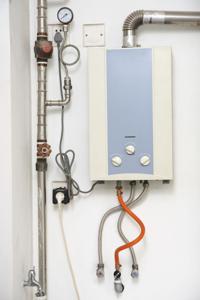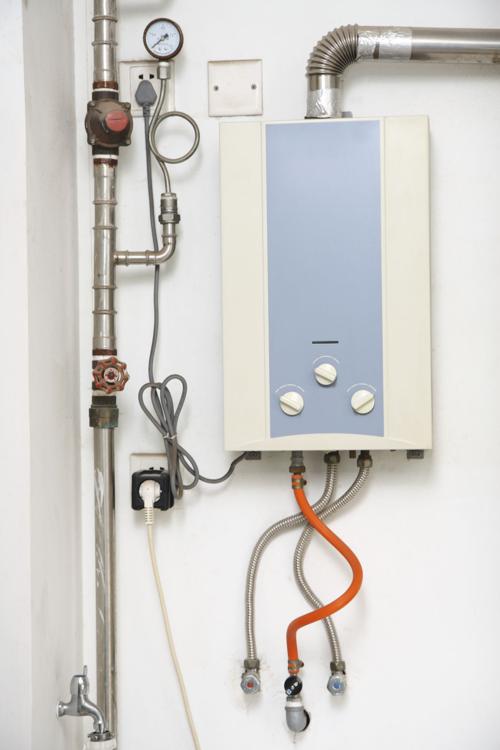Each year, thousands of Arizona residents email or call Rosie Romero’s radio show with questions about everything from preventing fires in their chimneys to getting rid of tree roots invading their sewer system. His goal is to provide answers that suit the specific lifestyle wherever someone lives in Arizona.
QUESTION: I bought a home built in 2007 that already had a tankless water heater – the kind that is supposed to produce hot water instantly. But when you turn on the faucet, the hot water runs for five to 10 seconds, then the water gets cold, and then switches back. What’s wrong? Does my system need servicing of some kind? I do not have a water softener system, by the way.
ANSWER: Tankless systems can produce heated water quickly on demand. But this flash heating process has a tendency to produce mineral deposits that clog the internal equipment in the tankless system. This kind of damage can be particularly bad in Arizona where we have very hard water with lots of minerals in it. To prevent calcium buildup in your system, you must have a water softener. You will probably need to install one if you continue using a tankless system. You probably should call a plumber to look at your device to see if it’s operating properly.
Q: I have worked hard to get rid of standing water and eliminate mosquitoes in my yard, but I have a neighbor who overwaters and as a result there are still mosquitoes living in the foliage of my plants. What can I do about that?
A: You’re going to have to treat the foliage of the plants in your yard with chemicals to kill the mosquitoes. There are products you can use to do the job without damaging your plants.
Q: I have some oil or grease stains on a few of the pavers on my patio. Do you have any suggestions for how I can clean them?
A: I’ve found that Prosoco Consolideck Oil and Grease Stain Remover can be effective in removing most stains from concrete and pavers. It’s a poultice based product that you pour out onto the stain and let it sit there. When it dries and turns to power, it can be brushed off or sprayed with a pressure washer. If you’re not satisfied with initial results, you can apply it again to a dry surface.
Q: I have a three-year-old fig in my yard that is growing well, but the figs only get to about the size of a quarter and then they dry up and fall off. What should I do?
A. Watering is the first thing to improve on. Make sure your tree is getting enough deep watering. A lot of people do it daily, particularly when it’s hot in summer, but watering for 10 minutes a day on a drip system is not enough. Figs need heavy, deep watering. During the summer, soak the tree well twice a week in the summer and then let it dry; water it deeply once a week right now. Figs can do very well in the desert, however.
Q: I had a large lemon tree in my yard that produced hundreds of lemons over the years, but it slowly died. When I took it out, I found I had termites in the trunk of the tree, but there were none in the roots. Can I replant a new lemon tree in that same area?
A: The termites were probably feeding on the dead wood in the tree; they don’t feed on live tissue. So replanting in the same spot should not be a problem. Remember, of course, that even if you buy a very large replacement tree, it will still take time for the lemon to get acclimated to your yard and begin producing lots of lemons again.





